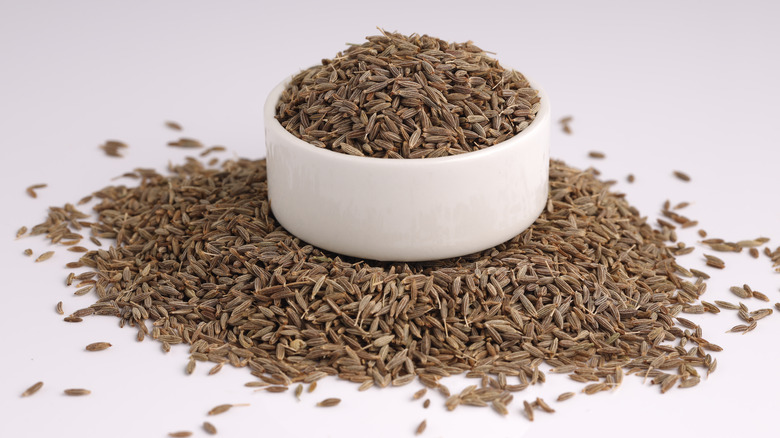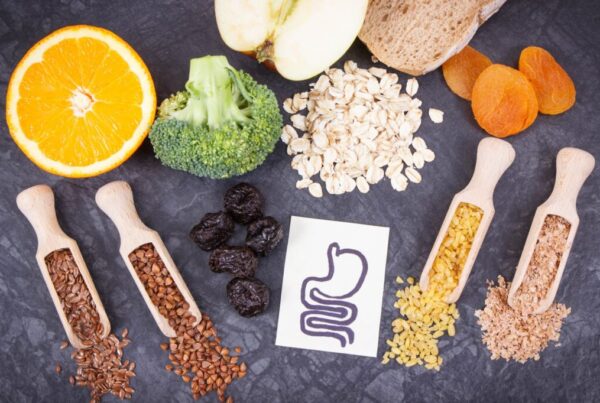Cumin seeds, also known as jeera, are widely used to temper food and enhance its flavour in a variety of preparations. These dried seeds are of the herb Cuminum cyminum, a member of the parsley family. They have numerous health benefits and are commonly used in Asian households to fight off stomach woes, soothe the digestive tract, relieve nausea, bloating and constipation. In fact, they are routinely used for digestive efficiency and health but cumin seeds are also used as an adjuvant therapy along with oral medication in people with Type 2 diabetes.
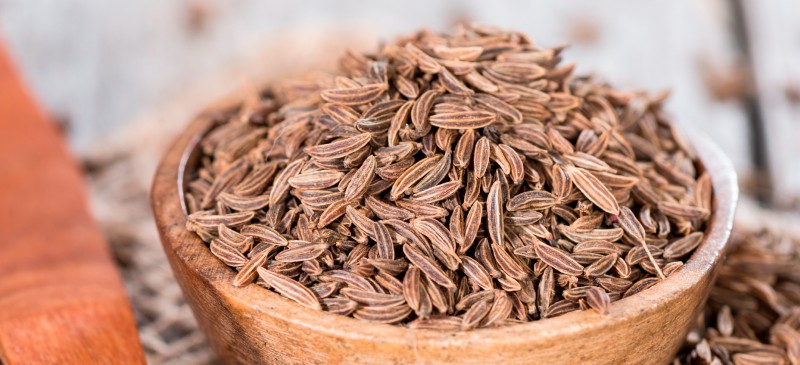
Some studies have found that jeera can help regulate fasting blood sugar levels in people with Type 2 diabetes. This may be due to the presence of certain compounds in cumin seeds, such as cumin aldehyde, which have been shown to have anti-diabetic effects. The blood glucose lowering potential of jeera is also attributed to the presence of thymoquinone, an active chemical component that protects the B-cells of the pancreas from oxidative stress. It helps stimulate the insulin production in the body, which can help to keep the blood sugar levels in check.
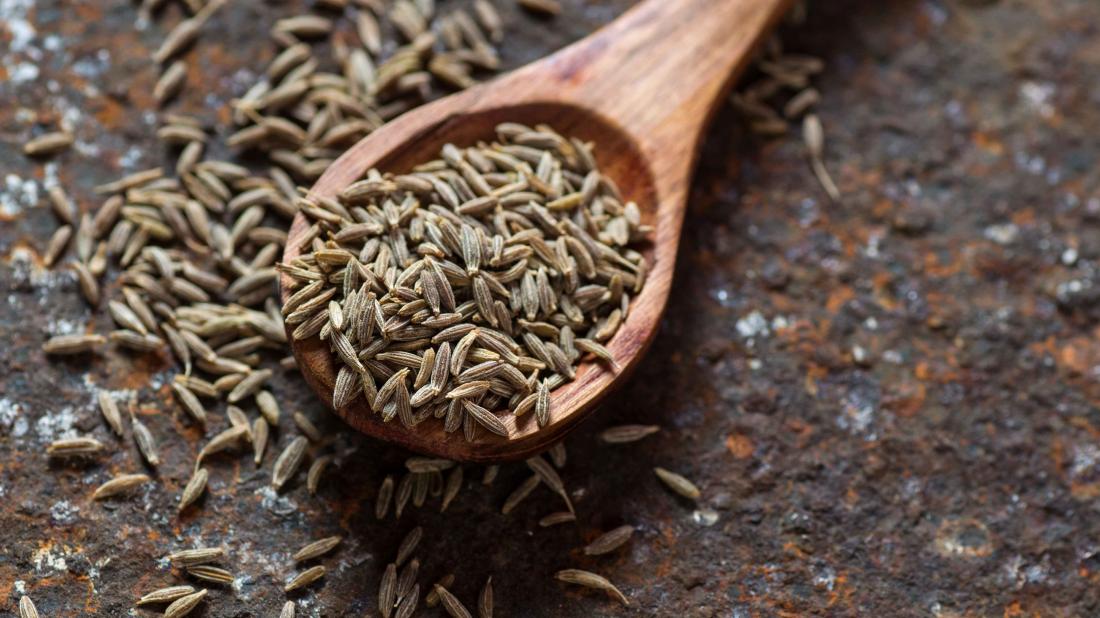
Consuming jeera either as whole seeds or in the form of ground powder may help in managing blood sugars in diabetics. It not only lowers blood glucose levels but also helps maintain a healthy body weight. It may help lower levels of LDL (low density lipoprotein) and triglyceride levels. Cumin seeds have anti-inflammatory properties, which may be beneficial for reducing the risk of complications associated with diabetes, such as cardiovascular disease. These are also a good source of antioxidants, which can help protect against cell damage and may be particularly beneficial for people with diabetes, who are at increased risk of oxidative stress.
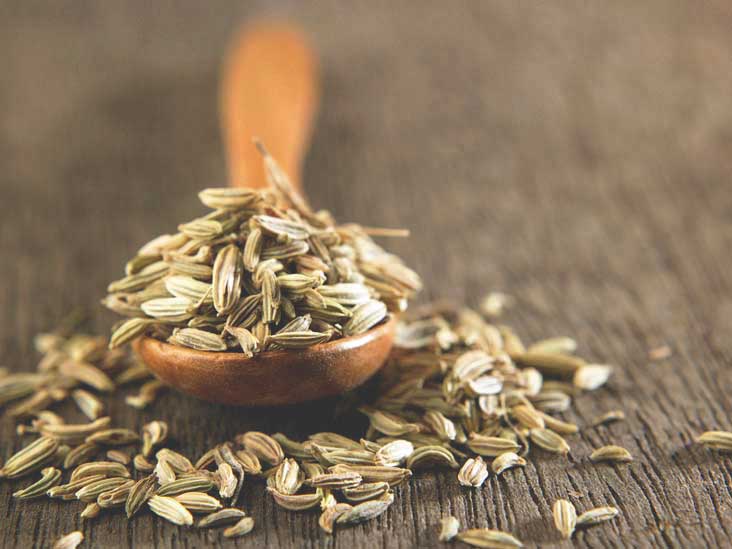
While there may be some potential benefits of jeera for people with diabetes, more research is needed to fully understand the relationship between cumin seeds and diabetes.

